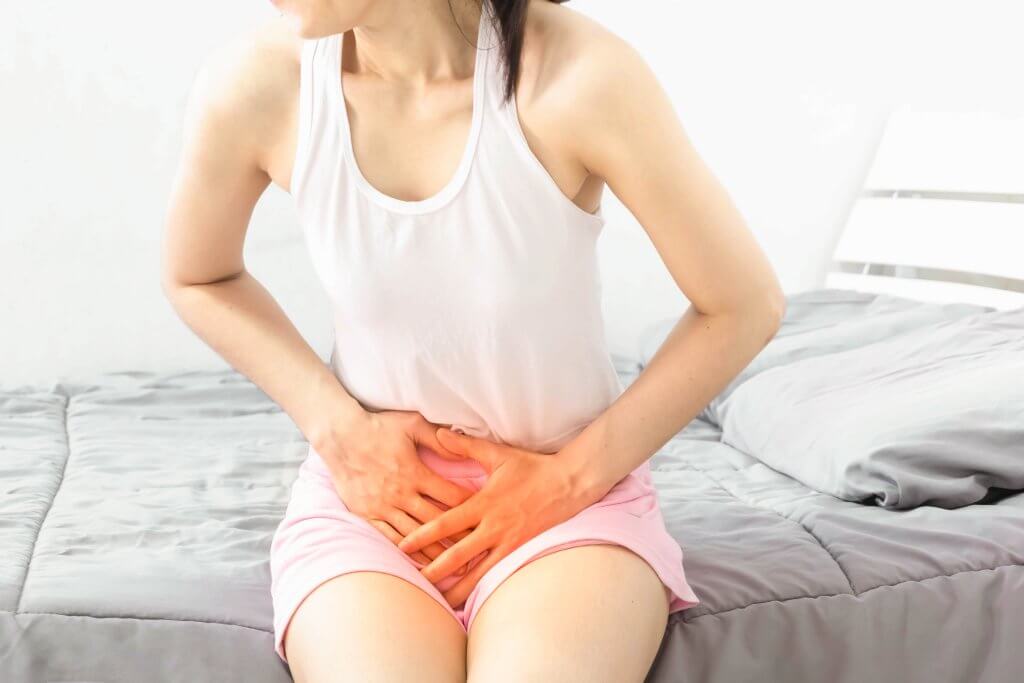Copyright © VSM Pharmacy Limited. All rights reserved. vsmpharmacy.co.uk is a trading name of VSM Pharmacy Limited. Registered office: 124 Frimley Road, Camberley, Surrey, United Kingdom, GU15 2QN. Registered in England: company number 12182298.
Urinary Tract Infections Treatment
What is the service about?
Urinary tract infection (UTI) or cystitis is a common ailment that can affect the bladder, the kidneys and the tubes connected to them. Anyone can get an infection, but they are particularly common in women. Some women experience regular infections (called recurrent UTIs). Urinary tract infections can be painful and uncomfortable, but usually pass within a few days and can be easily treated with antibiotics.
How does the NHS urinary tract infection service work?
1
Get in touch
Get in touch
You can either walk in or give us a call on 01276 21002 if you think you may need this service
Call now
2
Private consultation with the pharmacist
Private Consultation
The pharmacist will ask you some questions to assess which option is best for you. Moreover, the pharmacist will check if you are eligible for the NHS service.
3
Get the right treatment
Get the right option
The pharmacist will either supply a short course of antibiotics or recommend you more appropriate treatment.
Frequently Asked Questions
It is like your prescriptions. If you are exempt from paying for your prescriptions, it is free. Otherwise, you will pay a standard prescription fee.
You must be between 16 and 64 years old to be eligible for this service.
Infections of the bladder (cystitis) or urethra (tube that carries urine out of the body) are known as lower urinary tract infections. These can cause:
- a need to pee more often than usual
- pain or discomfort when peeing
- sudden urges to pee
- feeling as though you are unable to empty your bladder fully
- pain low down in your tummy
- urine that is cloudy, foul-smelling or contains blood
- feeling unwell, achy and tired
Urinary tract infections occur when the urinary tract becomes infected, usually by bacteria. In most cases, bacteria from the gut enter the urinary tract through the urethra (the tube that carries wee out of your body). It is more common in women than in men because women have a shorter urethra, located near to the anus (back passage), so it encounters bacteria more easily.
The following may increase your risk of getting a urinary tract infection:
- conditions that obstruct your urinary tract, such as kidney stones
- difficulty emptying your bladder fully
- using a contraceptive diaphragm or condoms coated in spermicide
- diabetes
- a weakened immune system
- a urinary catheter (a tube in your bladder used to drain urine)
- an enlarged prostate gland in men
If you get urinary tract infections frequently, there are some things you can try that may stop it coming back.
These measures include:
- avoiding perfumed bubble bath, soap, or talcum powder around your genitals – use plain, unperfumed varieties, and have a shower rather than a bath
- going to the toilet as soon as you need to pee and always emptying your bladder fully
- staying well hydrated
- wiping your bottom from front to back when you go to the toilet
- emptying your bladder as soon as possible after having sex
- not using a contraceptive diaphragm or condoms with spermicidal lubricant on them – you may wish to use another method of contraception instead
- wearing underwear made from cotton, rather than synthetic material such as nylon, and avoiding tight jeans and trousers
- taking probiotics and cranberry extract capsules
No, a urinary tract infection is not a sexually transmitted infection (STI). Sex can cause an episode of cystitis, because of the transfer of bacteria to your urethra, but it is not contagious so you cannot give it to or catch it from a sexual partner. We do recommend that you avoid sex for a few days while taking cystitis treatment, to avoid reintroducing new bacteria.
Mild cases of urinary tract infections or cystitis typically last a couple of days and in most cases will clear up on its own. If after 3 days symptoms do not clear up, you can seek treatment. Some women experience frequent episodes of cystitis, this might need regular or long-term treatment.
The antibiotic used for urinary tract infections under this service is Nitrofurantoin 100mg capsules.
Once you start treatment, the symptoms should start to clear up within 5 days in adults and 2 days in children. It is important to finish the whole course of antibiotics, even if you start to feel better.




